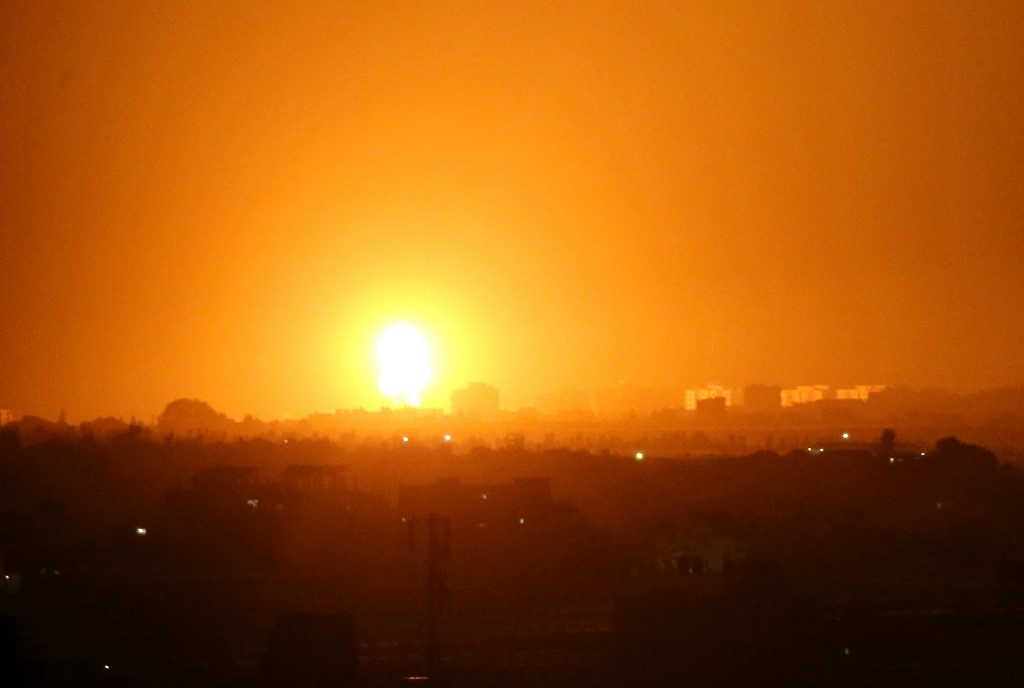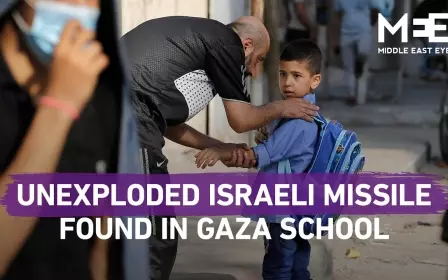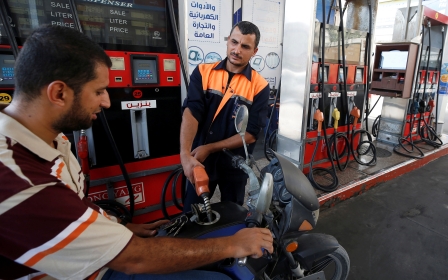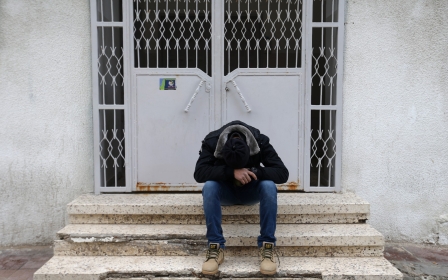Israel launches air strikes on Gaza, fires upon Palestinian fishing boats

Israel said on Sunday that it had launched air strikes on Gaza and closed down the fishing zone near the besieged area in response to rockets and firebombs attached to balloons fired into Israel.
The attacks come after a week of heightened tensions, including skirmishes near the fence separating the Palestinian enclave from Israel, Israel's army said.
Long-simmering Palestinian anger has flared further since Israel and the United Arab Emirates (UAE) on Thursday agreed to normalise relations, a move Palestinians saw as a betrayal of their cause by the Gulf country.
Hamas, which governs the besieged Gaza Strip, condemned the agreement under which Israel said it had agreed to suspend the annexation of parts of the occupied West Bank.
However, hours later Israeli Prime Minister Benjamin Netanyahu said he remained "committed to annexing parts of the West Bank".
Over the past week, Israeli forces have conducted night-time raids on targets associated with Hamas.
The Israeli army said among the targets struck were a "military compound and underground infrastructure" belonging to Hamas.
The army added that dozens of Palestinians had "burned tyres, hurled explosive devices and grenades towards the border" with Israel.
Fishing boats fired on
Israel said that earlier on Sunday two rockets had been fired into Israel from Gaza and intercepted by its Iron Dome defence system.
Israel has closed the Karem Abu Salem crossing with the Gaza Strip, and following rocket fire on Saturday the Israeli military "shut down the fishing zone... until further notice".
Israel's Haaretz newspaper said on Sunday that the Israeli navy had opened fire on Palestinian fishing boats, spraying fishermen with water cannons.
Israel has maintained a crippling blockade of the Gaza Strip since 2007, which critics say amounts to collective punishment of the impoverished enclave's two million residents.
Egypt also upholds the siege, restricting movement in and out of Gaza on its border.
Half of the population live in poverty, according to the World Bank.
Middle East Eye propose une couverture et une analyse indépendantes et incomparables du Moyen-Orient, de l’Afrique du Nord et d’autres régions du monde. Pour en savoir plus sur la reprise de ce contenu et les frais qui s’appliquent, veuillez remplir ce formulaire [en anglais]. Pour en savoir plus sur MEE, cliquez ici [en anglais].




